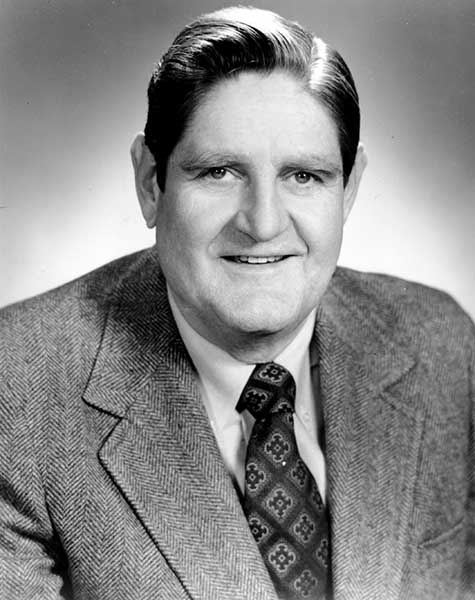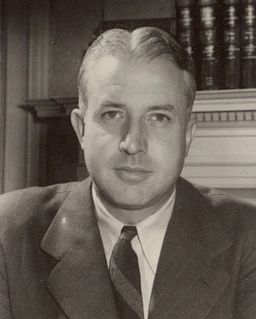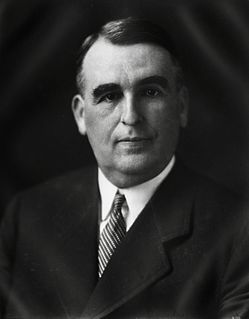
Kay Ellen Ivey is an American politician serving as the 54th Governor of Alabama since 2017. A member of the Republican Party, she previously was the 38th Alabama State Treasurer from 2003 to 2011 and 30th Lieutenant Governor of Alabama from 2011 to 2017. Ivey became Alabama's second female governor and first female Republican governor upon the resignation of her predecessor, Robert J. Bentley. She won a full term in the 2018 gubernatorial election.

The 2010 congressional elections in Alabama were held on November 2, 2010, to determine will represent the state of Alabama in the United States House of Representatives. Alabama has seven seats in the House, apportioned according to the 2000 United States Census. Representatives are elected for two-year terms; those elected will serve in the 112th Congress from January 3, 2011 until January 3, 2013. The primary elections were held June 1, with the runoff on July 13.

The 1978 United States Senate election in Alabama was held on November 7, 1978. Incumbent Democratic Senator John Sparkman retired from the United States Senate and Chief Justice of the Alabama Supreme Court Howell Heflin was elected to succeed him.

The 1954 Alabama gubernatorial election took place on November 2, 1954, to elect the Governor of Alabama. Incumbent Democrat Gordon Persons was term-limited, and could not seek a second consecutive term.

The 1950 Alabama gubernatorial election took place on November 7, 1950, to elect the Governor of Alabama. Incumbent Democrat Jim Folsom was term-limited, and could not seek a second consecutive term.

The 1946 Alabama gubernatorial election took place on November 5, 1946, to elect the Governor of Alabama. Incumbent Democrat Chauncey Sparks was term-limited, and could not seek a second consecutive term.

The 1942 Alabama gubernatorial election took place on November 3, 1942, to elect the Governor of Alabama. Incumbent Democrat Frank M. Dixon was term limited, and could not seek a second consecutive term.

The 1938 Alabama gubernatorial election took place on November 8, 1938, to elect the Governor of Alabama. Democratic incumbent Bibb Graves was term-limited, and could not seek a second consecutive term.

The 1934 Alabama gubernatorial election took place on November 2, 1934, in order to elect the Governor of Alabama. Democratic incumbent Benjamin M. Miller was term-limited, and could not seek a second consecutive term.

The 1930 Alabama gubernatorial election took place on November 4, 1930, in order to elect the Governor of Alabama. Democratic incumbent Bibb Graves was term-limited, and could not seek a second consecutive term.

The 1922 Alabama gubernatorial election took place on November 7, 1922, in order to elect the Governor of Alabama. Democratic incumbent Thomas Kilby was term-limited, and could not seek a second consecutive term.

The 1918 Alabama gubernatorial election took place on November 2, 1918, to elect the Governor of Alabama. Democratic incumbent Charles Henderson was term-limited, and could not seek a second consecutive term.

The 1914 Alabama gubernatorial election took place on November 3, 1914, in order to elect the Governor of Alabama. Democratic incumbent Emmet O'Neal was term-limited, and could not seek a second consecutive term.

The 1910 Alabama gubernatorial election took place on November 8, 1910, in order to elect the Governor of Alabama. Democratic incumbent B. B. Comer was term-limited, and could not seek a second consecutive term.

The 1906 Alabama gubernatorial election took place on November 6, 1906, in order to elect the Governor of Alabama. Democratic incumbent William D. Jelks was term-limited, and could not seek a second consecutive term.

The 1898 Alabama gubernatorial election took place on August 1, 1898, in order to elect the Governor of Alabama. Incumbent Democrat Joseph F. Johnston ran for a second term in office.

A general election was held in the U.S. state of Alabama on November 6, 2018. All Alabama executive officers were up for election along with all of Alabama's seven seats in the United States House of Representatives. Primary elections took place on June 5, 2018, for both major parties.

The 1931 Mississippi gubernatorial election took place on November 3, 1931, in order to elect the Governor of Mississippi. Incumbent Democrat Theodore G. Bilbo was term-limited, and could not run for reelection to a second term. As was common at the time, the Democratic candidate ran unopposed in the general election so therefore the Democratic primary was the real contest, and winning the primary was considered tantamount to election.

The 1978 New Mexico gubernatorial election took place on November 7, 1978, in order to elect the Governor of New Mexico. Due to term limits, incumbent Democrat Jerry Apodaca was ineligible to seek a second term as Governor.

The 1970 New Mexico gubernatorial election took place on November 3, 1970, in order to elect the Governor of New Mexico. Due to term limits, incumbent Republican David Cargo was ineligible to seek a third term as governor. This election was the first in which the governor was elected for a four-year term. Prior to this, the governor was elected to a two-year term, renewable once.




















